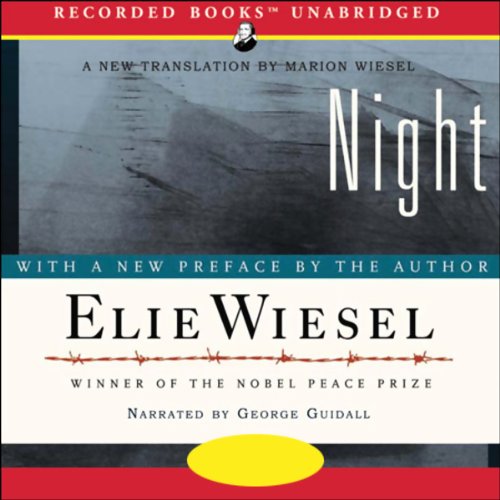

Eventually, the car comes to a halt at Birkenau, mere miles away from Auschwitz. After having spent what seems like weeks packed inside the overcrowded car, the unwilling passengers are exhausted and feeling the pangs of starvation. Eventually they are corralled onto cattle cars, and their terrifying voyage commences. Soon after, a succession of progressively cruel measures are forced upon the country, and every Jew in Eliezer’s town are gathered and involuntarily placed into small ghettos inside Sighet. In the dawn of the spring of 1944, Hungary is occupied by the Nazis. No one believes Moshe’s tale, labelling him as mad. Several month later, Moshe returns, and speaks of great horror: The Gestapo (Germany’s secret police) seized control of the train he had been travelling on, forced the passengers deep into the woods, and systematically slaughtered them. However, his learning is interrupted by the deportation of his teacher, Moshe the Beadle. Young Eliezer is determined to study the words of the Torah (the first of five books of the Old Testament) and the Cabbala. The start of the book is set in Sighet, in Hungarian Transylvania. The thought-provoking and incredibly honest book Night is narrated by a Jewish teen by the name of Eliezer.

Though some details have been changed, much of what happens to Eliezer in Night also happen to Wiesel during the Holocaust. It is evident that Eliezer is meant to act, to a certain degree, as a fictional depiction of the author, Elie Wiesel. Even though Night by Elie Wiesel is not a memoir in the true sense of the word, the following study guide will frequently reference it as one due in part to the book’s collection of testimonials, depositions, and emotional honesty that is often reflective of the memoir genre.


 0 kommentar(er)
0 kommentar(er)
